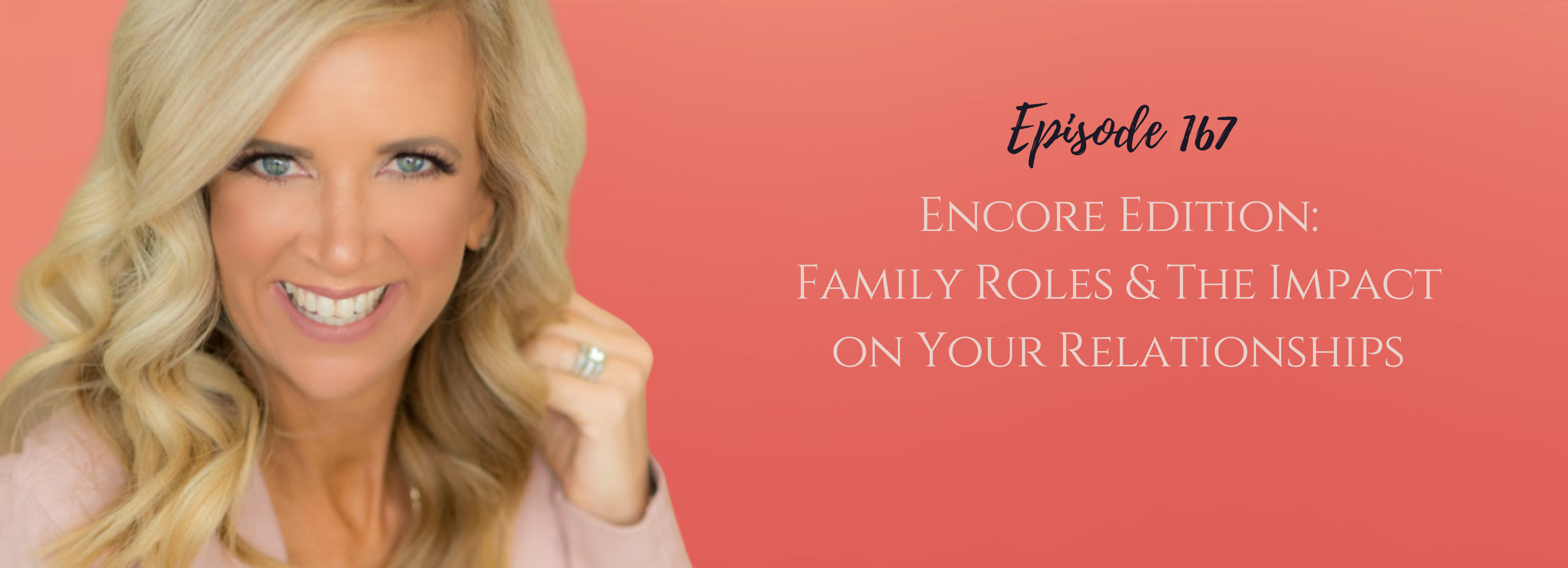
Encore Edition - Family Roles & The Impact on Your Relationships| 6.29.2022
In this encore episode, Kristen talks about the importance of understanding the role each family member plays, how it affects your relationships and how you can work through them.
You'll Learn
- How your family role impacts your relationships
- How to break free from dysfunctional family roles
Resources
For counseling services near Indianapolis, IN, visit www.pathwaystohealingcounseling.com.
Subscribe and Get a free 5-day journal at www.kristendboice.com/freeresources to begin closing the chapter on what doesn’t serve you and open the door to the real you.
Subscribe to the Close the Chapter YouTube Channel
This information is being provided to you for educational and informational purposes only. It is being provided to you to educate you about ideas on stress management and as a self-help tool for your own use. It is not psychotherapy/counseling in any form.
[fusebox_transcript]